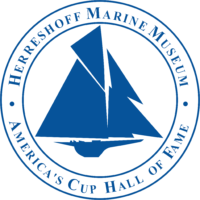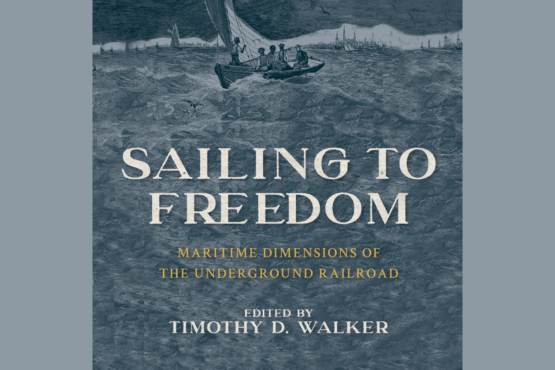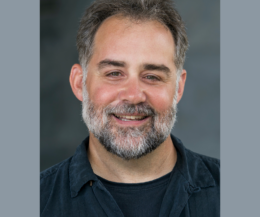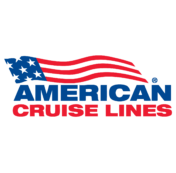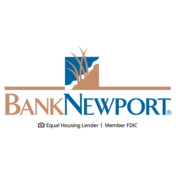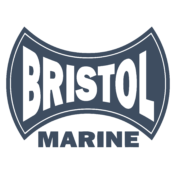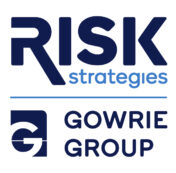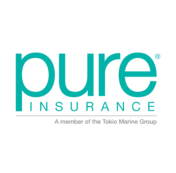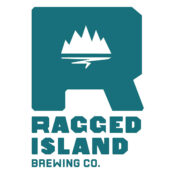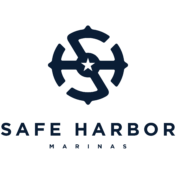The Herreshoff Marine Museum Lecture Series presents
"Sailing to Freedom: Maritime Dimensions of the Underground Railroad"
presented by Timothy D. Walker
September 19, 2024
In 1858, Mary Millburn successfully made her escape from Norfolk, Virginia, to Philadelphia aboard an express steamship. Millburn’s maritime route to freedom was far from uncommon. By the mid-nineteenth century, an increasing number of enslaved people had fled northward along the Atlantic seaboard. While scholarship on the Underground Railroad has focused almost exclusively on overland escape routes from the antebellum South, this groundbreaking volume expands our understanding of how freedom was achieved by sea and what the journey looked like for many African Americans. In addition to the volume editor, contributors include David S. Cecelski, Elysa Engelman, Kathryn Grover, Megan Jeffreys, Cheryl Janifer LaRoche, Mirelle Luecke, Cassandra Newby-Alexander, Michael D. Thompson, and Len Travers. “Sailing to Freedom connects the world of seafaring with the lives of runaway slaves in so many compelling ways that the reader cannot help but think the Underground Railroad should be renamed.”
With innovative scholarship and thorough research, Sailing to Freedom highlights little-known stories and describes the less-understood maritime side of the Under- ground Railroad, including the impact of African Ameri- cans’ paid and unpaid waterfront labor. These ten essays reconsider and contextualize how escapes were managed along the East Coast, moving from the Carolinas, Virginia, and Maryland to safe harbor in northern cities such as Philadelphia, New York, New Bedford, and Boston.
—Christopher P. Magra, author of Poseidon’s Curse: British Naval Impressment and Atlantic Origins of the American Revolution
Timothy D. Walker is Professor of History at the University of Massachusetts Dartmouth, where he serves on the Executive Board of the Center for Portuguese Studies and Culture. He is a scholar of maritime history, colonial overseas expansion, and trans-oceanic slave trading, and is an Affiliated Researcher of the Centro de História d’Aquém e d’Além-Mar (CHAM); Universidade Nova de Lisboa, Portugal. Walker was a visiting professor at the Universidade Aberta in Lisbon (1994-2003) and at Brown University (2010). He is the recipient of a Fulbright dissertation fellowship to Portugal (1996-1997), a doctoral research fellowship from the Portuguese Camões Institute (1995-1996), and a NEH-funded American Institute for Indian Studies Professional Development Grant for post-doctoral work in Goa, India (2000-2002). In 2018 Walker was appointed a Guest Investigator of the Woods Hole Oceanographic Institution, drawing historic climate data from archived whaling logbooks, Portuguese colonial, and other maritime documentation. He has taught maritime history aboard numerous traditionally-rigged sailing vessels and is a contributing faculty member of the Munson Institute of Maritime Studies. Teaching fields include Early Modern Europe, the Atlantic World, the Portuguese and their empire, maritime history and European global colonial expansion. Current research topics include the adoption of colonial indigenous medicines by Europeans; climate data derived from colonial-era archival documentation; slave trading in the Atlantic and Indian Oceans; as well as commercial and cultural links between the Portuguese overseas colonies in Asia, Africa, and the Americas.
When:
September 19, 2024
In-Person Reception begins at 6pm. Lecture begins at 7pm, Eastern.
Tickets:
Virtual Tickets: Members: $10, Non-Members: $15 In-Person Tickets: Members: $15, Non-Members: $20 Full Series Pass: $125
Purchase Tickets Online: Click Here
Venue:
Hall of Boats, Ground Floor, One Burnside St
The Herreshoff Lecture Series is sponsored by
